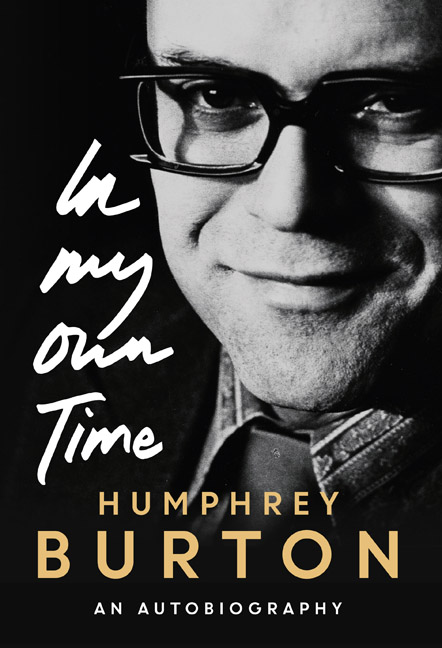13 - LWT: Not Such a Brave New World
Published online by Cambridge University Press: 09 April 2021
Summary
LEAVING THE BBC after ten years of intense activity as a producer was a tremendous wrench, an unparalleled shock to my system. I had not even begun to prepare myself for the reality of going to commercial television because I did not believe that David Frost's consortium had any chance of winning the franchise. When the news arrived that it had, I immediately experienced profound guilt feelings about the shoddy way I had kept my intention to quit a secret from everybody (except John Culshaw), though at least I had shown a sense of responsibility to my alma mater by recruiting such an outstanding figure to replace me. It was a twisted logic. There was no smooth transition: Huw Wheldon was angry as well as wounded and he struck back by decreeing I should not work out my three-month notice period as I had hoped but instead should pack up my papers and quit my East Tower office within a week. When I said goodbye to my colleagues in Music and Arts I got the impression they thought I had taken leave of my senses.
My crisis occurred in June 1967, the weekend that the Israelis emerged triumphant from the Six Days’ War. Daniel Barenboim and Jacqueline du Pré were so caught up in the excitement that they got married in Jerusalem on the day Jackie was scheduled to be playing a concert at the Bath Festival; this I knew immediately because I was in Bath for a television relay of her concert and could observe the festival's director, Yehudi Menuhin, becoming quite cross with his young protegee for putting her personal life before her professional commitments – something he never did, even when his sister was dying.
Menuhin was one of several collaborators to whom I wrote letters over the next few days explaining as best I could why I had chosen to leave the BBC and withdraw from the projects we were working on together. Since filming was already under way up in Suffolk, the first recipient was Benjamin Britten. ‘My reasons’, I wrote, ‘are personal and complicated’.
- Type
- Chapter
- Information
- Humphrey Burton In My Own TimeAn Autobiography, pp. 245 - 264Publisher: Boydell & BrewerPrint publication year: 2021



